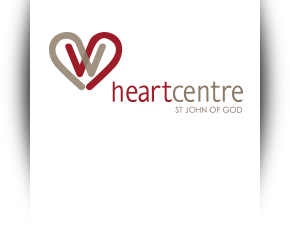Angina
Angina is a heart-related symptom, typically felt as a tight or squeezing sensation in the chest. Some patients might experience overt pain in the chest, but for many patients, the sensation is not so severe that it will cause pain. The discomfort may be felt anywhere between the upper abdomen to the lower face (jaw, neck, throat, ears), and including the arms. Angina might be accompanied with shortness of breath.
Angina occurs when the supply of oxygen-rich blood to the heart is inadequate to meet the metabolic demands of the heart. The most common cause for angina is atherosclerotic coronary artery disease, a build-up of fatty deposits inside the arteries that supply blood to the heart. Other conditions can also cause angina e.g. narrowing of the aortic valve (known as aortic stenosis), severe anaemia, or an overactive thyroid gland.
Angina usually occurs with physical exertion or emotional excitement or emotional upset. The discomfort often resolves within 10 minutes of ceasing physical activity. However, symptoms that persist longer can indicate a more serious situation and it is recommended that you seek immediate medical attention if this occurs.
The onset of angina is an indication of a serious heart condition. If you develop these symptoms, you should see your GP and seek further investigation and treatment. Your GP can arrange for you to have appropriate tests, which could include blood tests and an electrocardiogram (ECG).
Your GP may also refer you to Heart Centre St John of God to have an exercise stress test and to seek a cardiologist opinion. Your cardiologist might recommend that you undergo a special test called a coronary angiogram, to determine the extent of your coronary artery disease. The angiogram will also help decide if you will benefit with coronary stenting or coronary artery bypass graft surgery.
